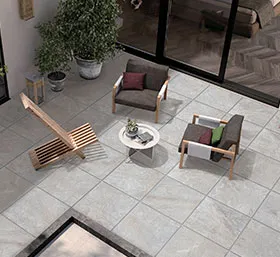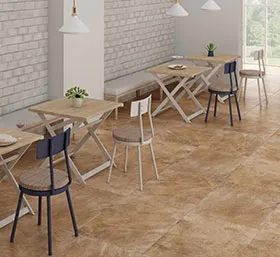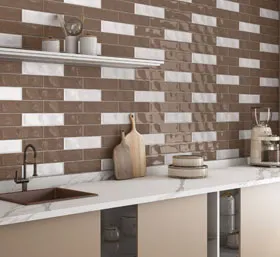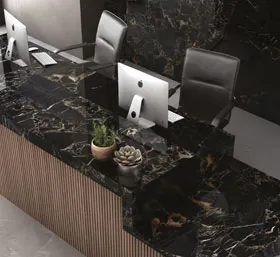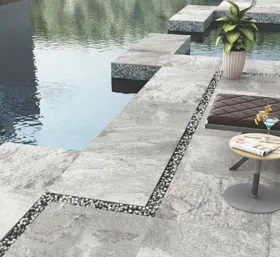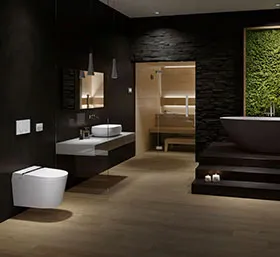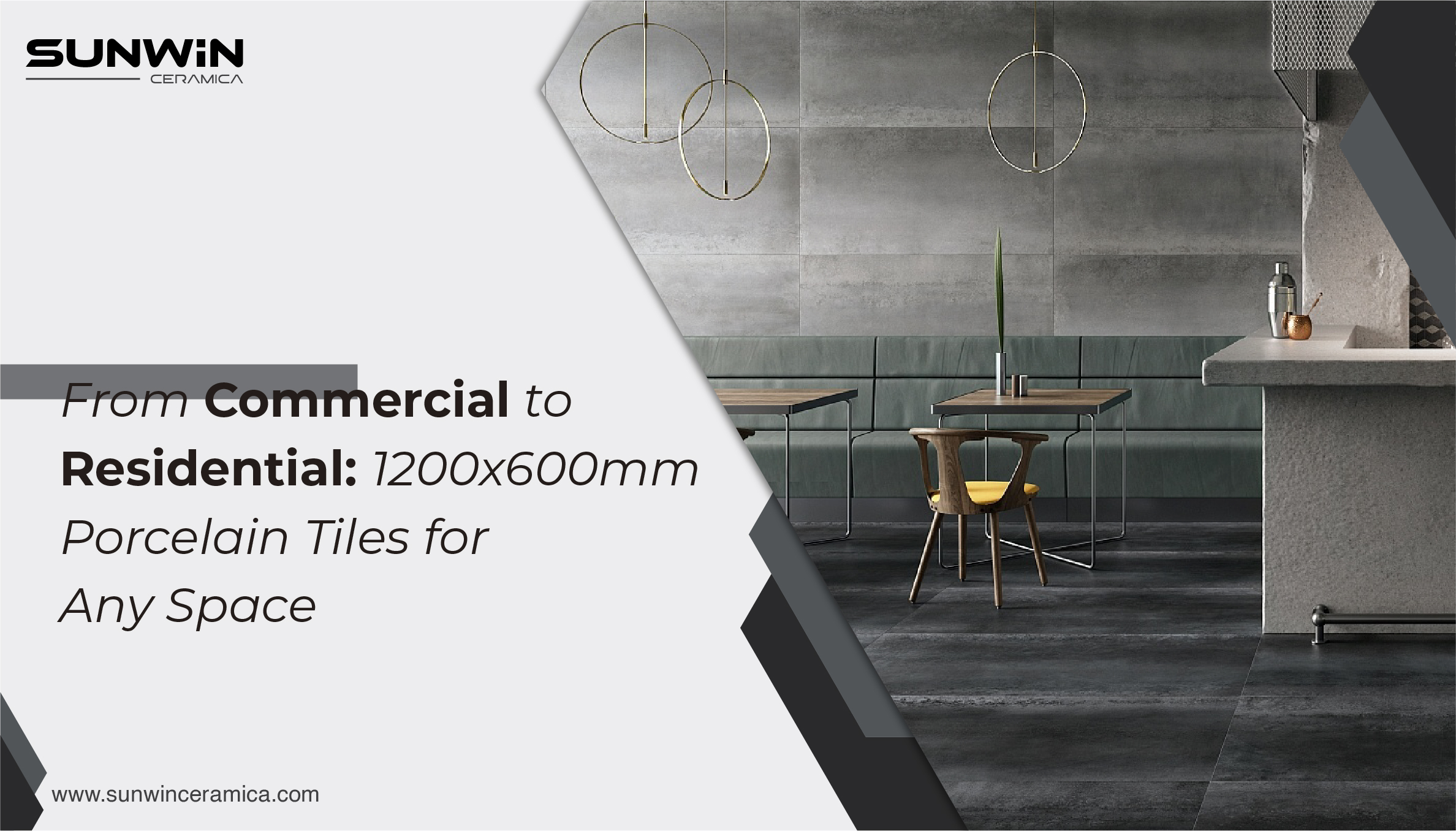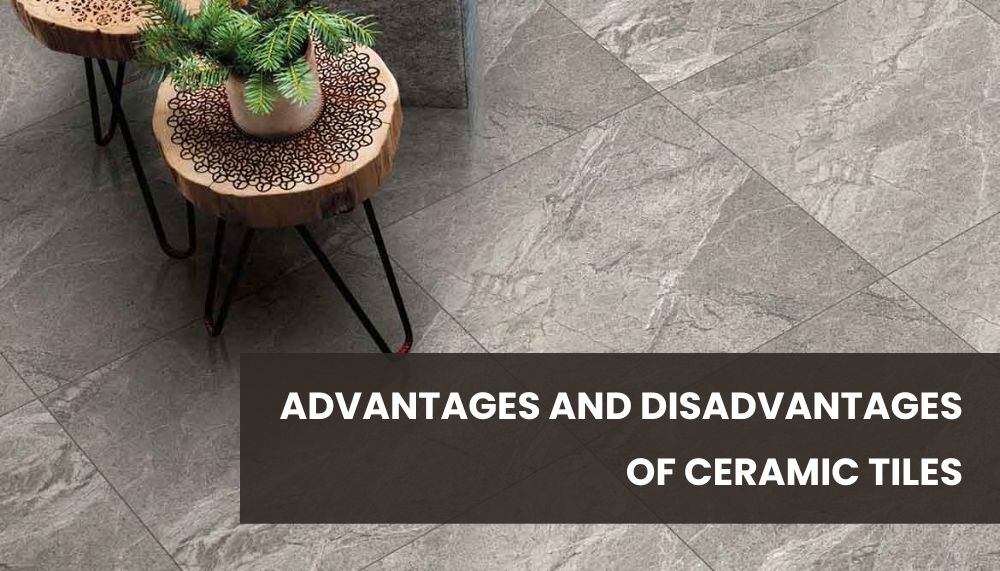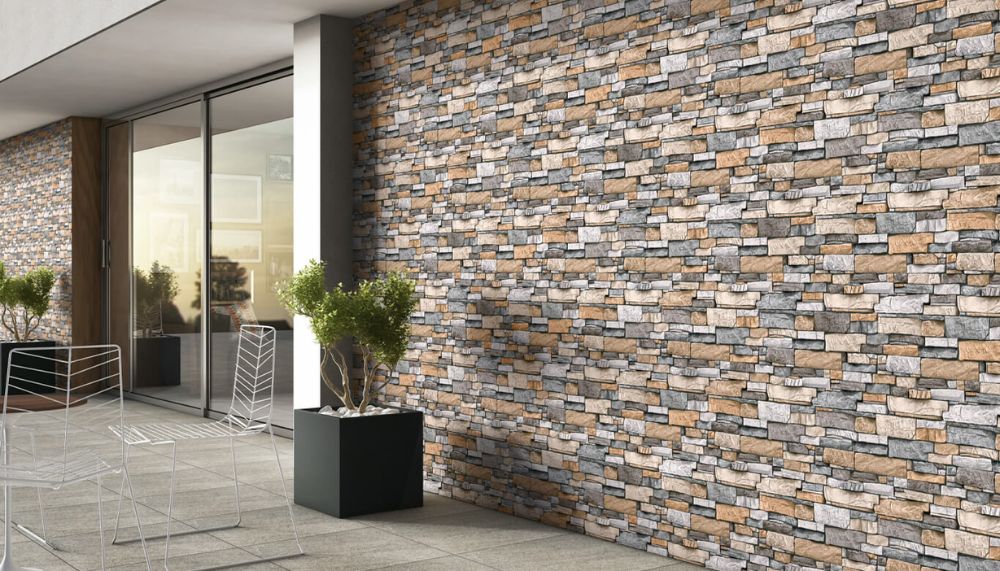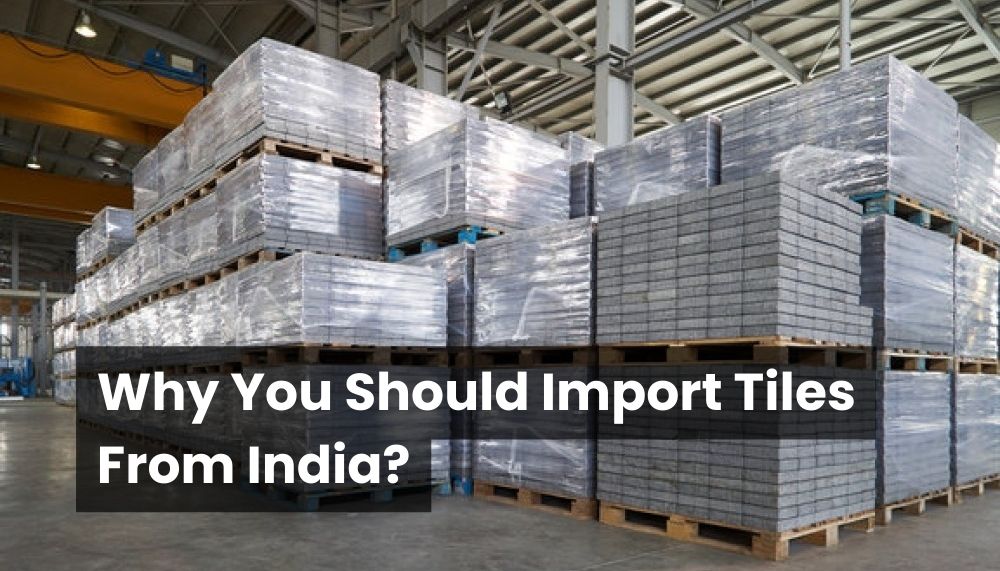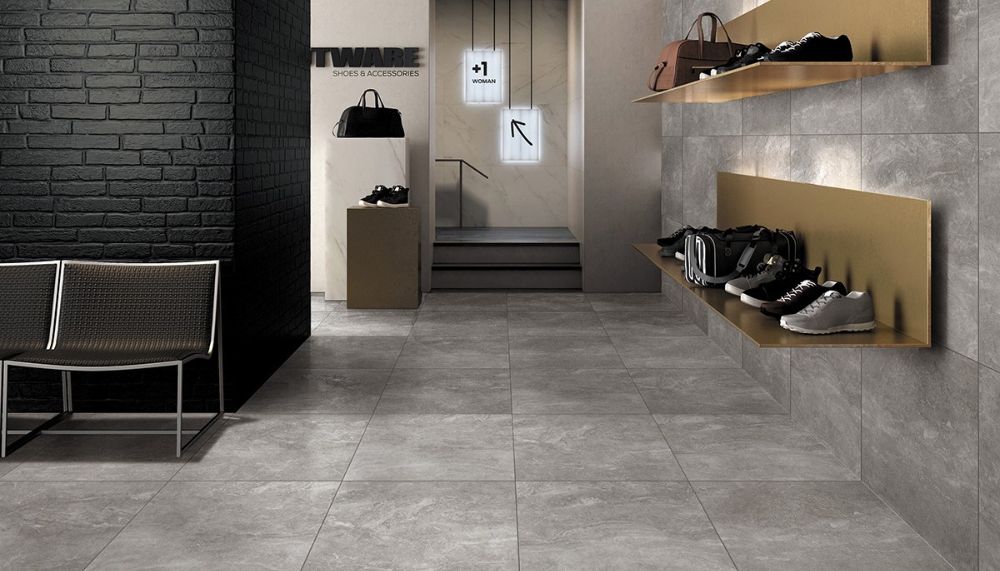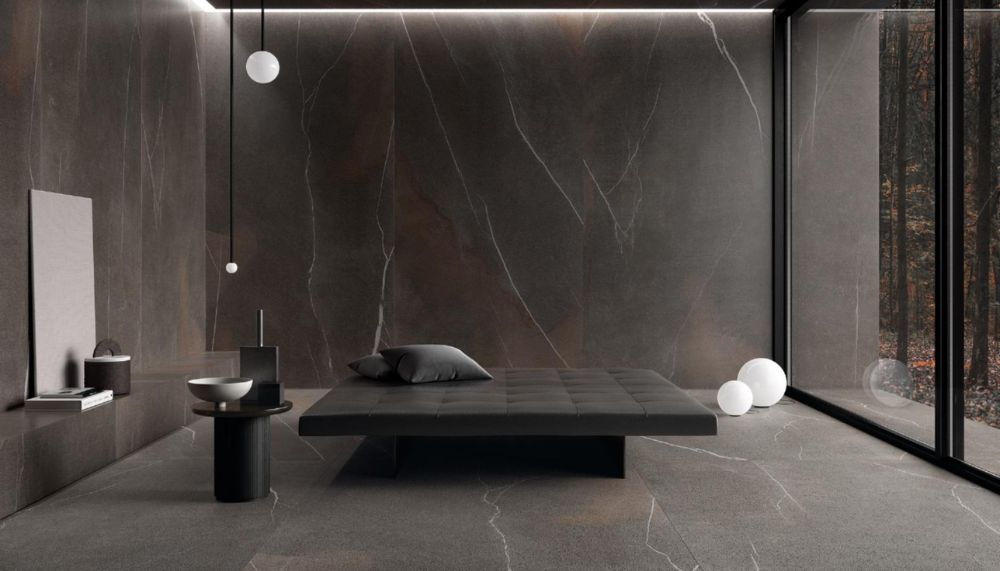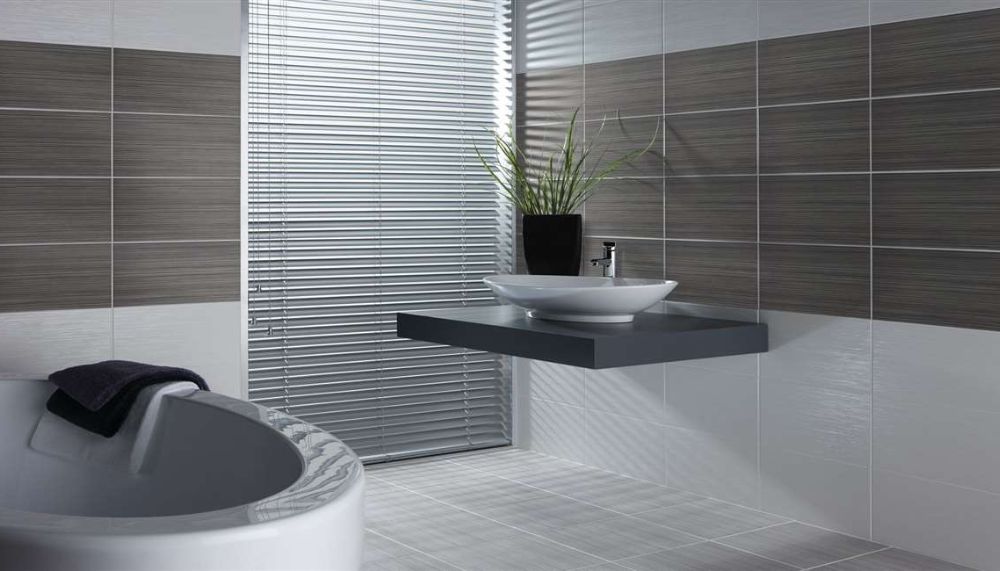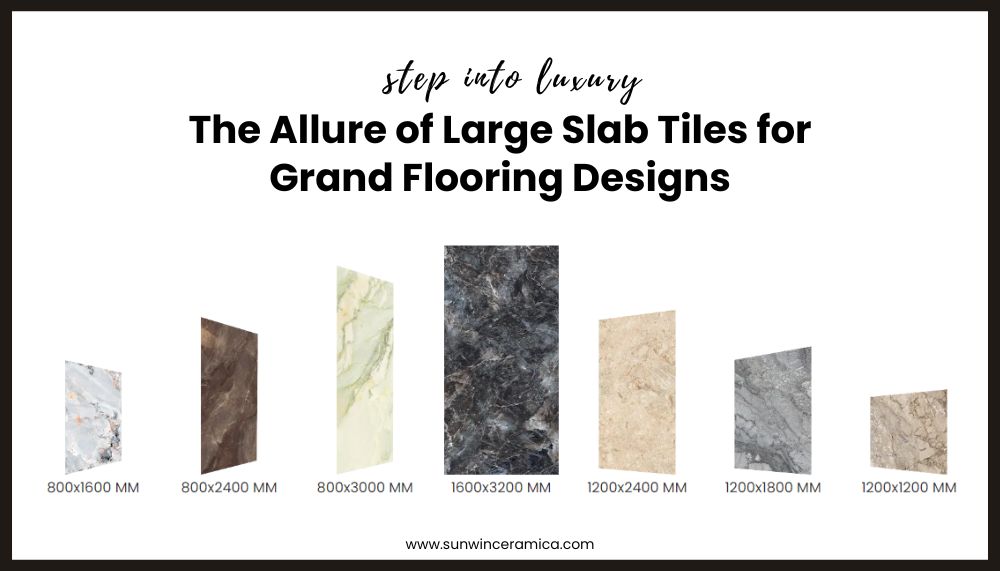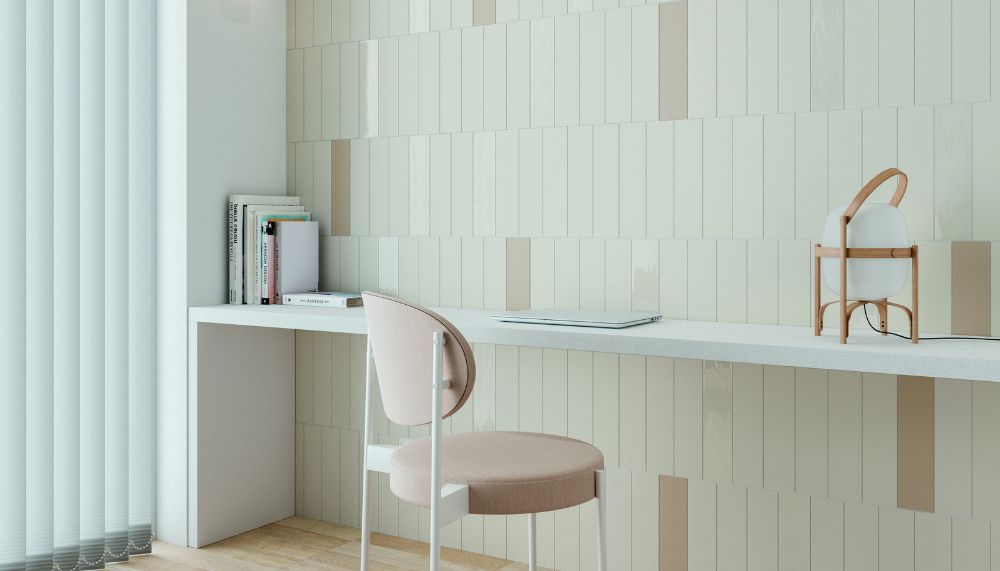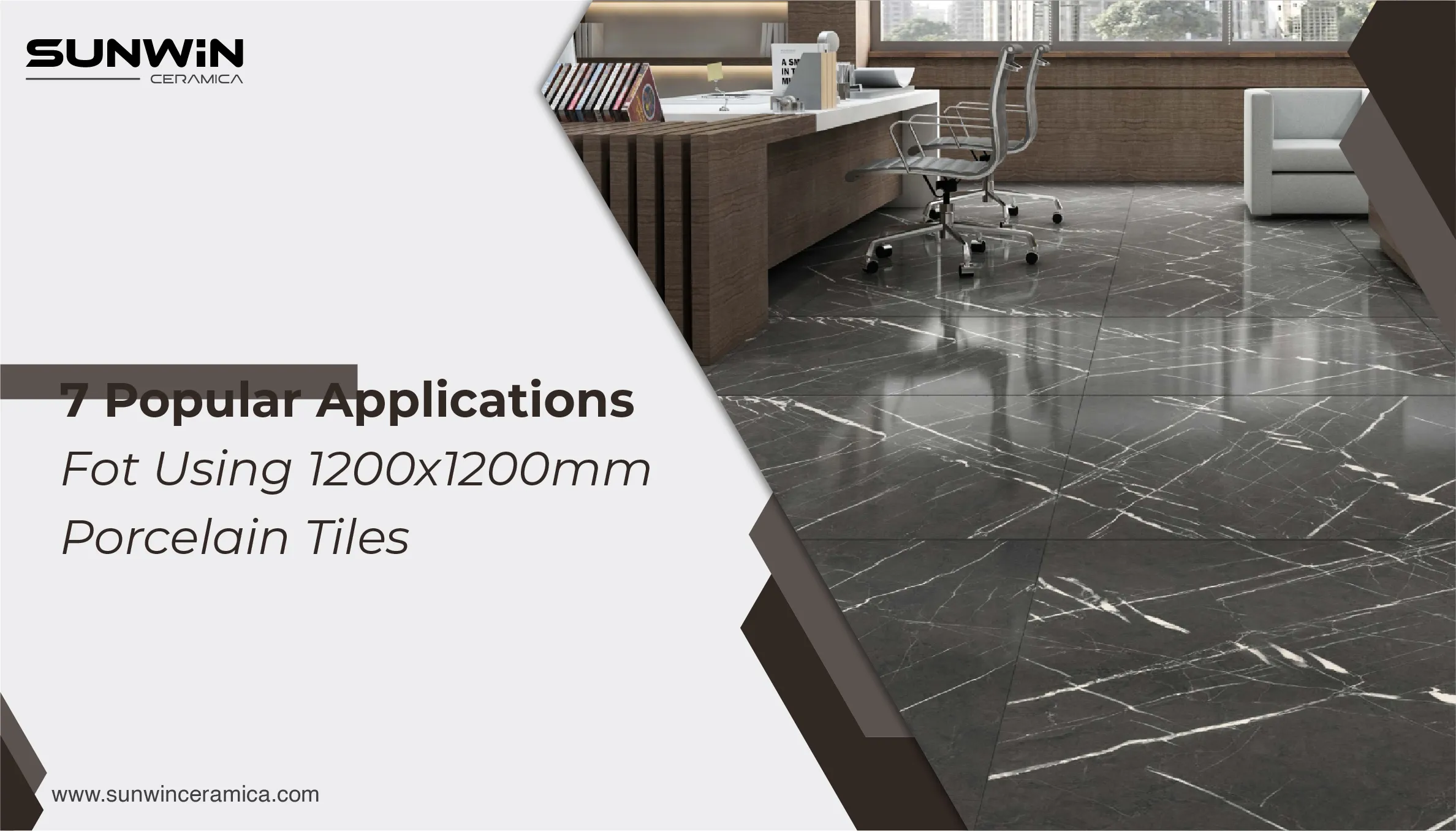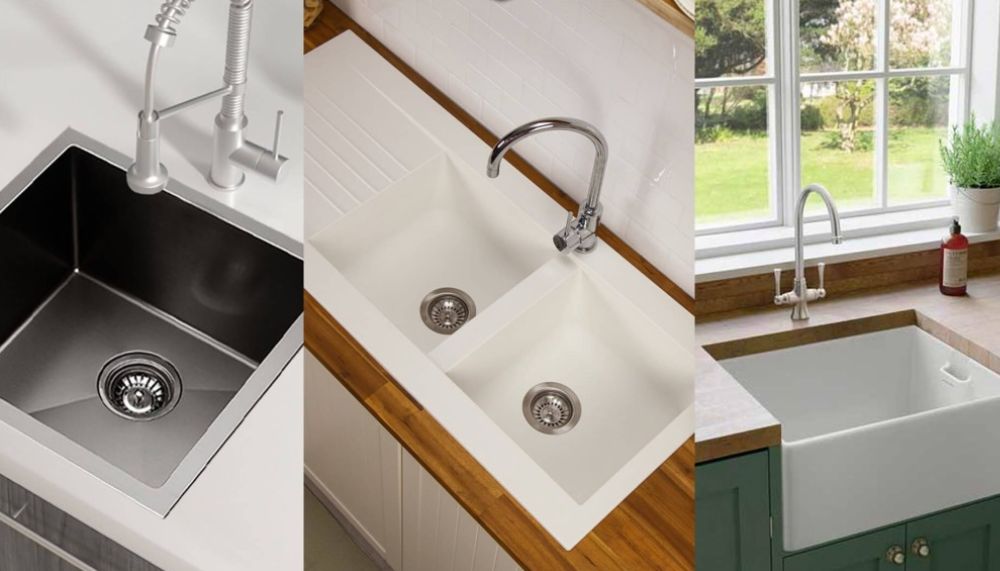
Choosing the right kitchen sink material is important for both functionality and aesthetics. With a variety of options available, each material brings its own set of advantages and considerations.
This blog explores the pros and cons of the top seven kitchen sink materials to help you make an informed decision for your kitchen renovation or upgrade.
Discover the Top 7 Kitchen Sink Materials for Your Home
1. Stainless Steel:
Pros: Stainless steel sinks are well-liked because they're tough, resist stains and heat well, and are affordable. They're easy to clean and keep up, which is great for kitchens that get a lot of use. Stainless steel also has a sleek, modern appearance that fits nicely with different kitchen designs.
Cons: Stainless steel is strong, but it scratches and shows water spots over time. Thicker versions resist dents better, though they are noisier. Adding soundproofing undercoats helps reduce noise problems.
2. Cast Iron:
Pros: Cast iron sinks are tough and have a timeless look. They resist scratches, chips, and burns, making them a durable option. You find cast iron sinks in many colours and finishes, giving you lots of design choices for your kitchen.
Cons: Cast iron sinks are heavy and need solid supports. They chip or crack if something heavy falls on them. To prevent rust, they need sealing from time to time, and they might stain more easily than other sink types.
3. Composite Granite:
Pros: Composite granite sinks mix granite stone dust or quartz with resin for a tough, scratch-resistant surface. They come in natural stone looks with lots of colours and textures. These sinks handle heat well and are quieter than stainless steel ones.
Cons: Composite granite sinks are tough, but they scratch more easily and need regular cleaning to stay looking good. Darker colours show water spots and need more upkeep. They're usually pricier than stainless steel or cast iron sinks.
4. Fireclay:
Pros: Fireclay sinks are crafted from clay and glaze fired at high heat, giving them a smooth, shiny finish. They stand up well to stains, scratches, and heat, making them great for busy kitchens. Fireclay sinks also have a classic, timeless farmhouse look.
Cons: Fireclay sinks are weighty and need sturdy cabinetry. They chip or crack if hit hard. Even though they're tough, they might need frequent cleaning to keep stains away. Fireclay sinks also cost more than stainless steel ones.
5. Copper:
Pros: Copper sinks are valued for their natural ability to fight bacteria, making them antimicrobial. Over time, they develop a special patina that gives them character in the kitchen. Copper sinks are also very tough and handle heat well.
Cons: Copper sinks need regular care to keep their patina or polish them to keep their shiny look. They scratch and dent easily, and acidic stuff changes their colour. Copper sinks usually cost more than other kinds.
6. Acrylic:
Pros: Acrylic sinks are lightweight, making them easy to install and suitable for DIY projects. They are available in various colours and be moulded into different shapes and sizes. Acrylic sinks are also resistant to stains and scratches.
Cons: While affordable and versatile, acrylic sinks scratch easily. They also are prone to discolouration over time, especially with exposure to harsh chemicals. Acrylic sinks may not offer the same durability as other materials.
7. Natural Stone:
Pros: Natural stone sinks, such as granite or marble, offer a luxurious look with unique veining and patterns. They are highly durable, heat-resistant, and withstand heavy use in kitchens. Natural stone sinks add a timeless elegance to any kitchen design.
Cons: These sinks are expensive and heavy, requiring strong support structures. They are prone to staining and may require regular sealing to maintain their appearance. Careful maintenance is necessary to prevent damage from acidic substances.
Conclusion
Choosing the right kitchen sink material involves considering your budget, lifestyle, and aesthetic preferences. Each material offers distinct advantages regarding durability, maintenance requirements, and aesthetic appeal.
Whether you prioritise durability with stainless steel, classic elegance with cast iron, or natural beauty with composite granite or natural stone, selecting the right kitchen sink material ensures years of functionality. Evaluate each material's pros and cons carefully to decide what meets your kitchen needs and enhances your home's overall design.
You May Also Like:
